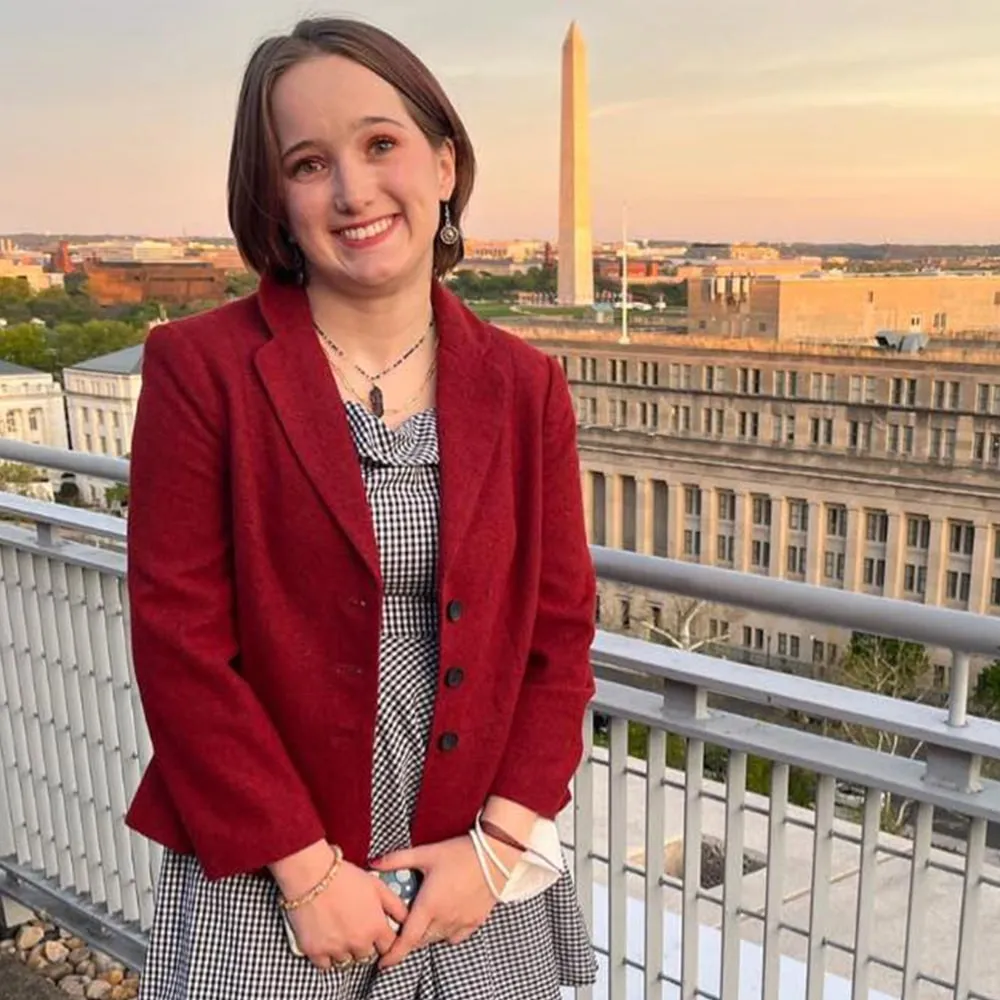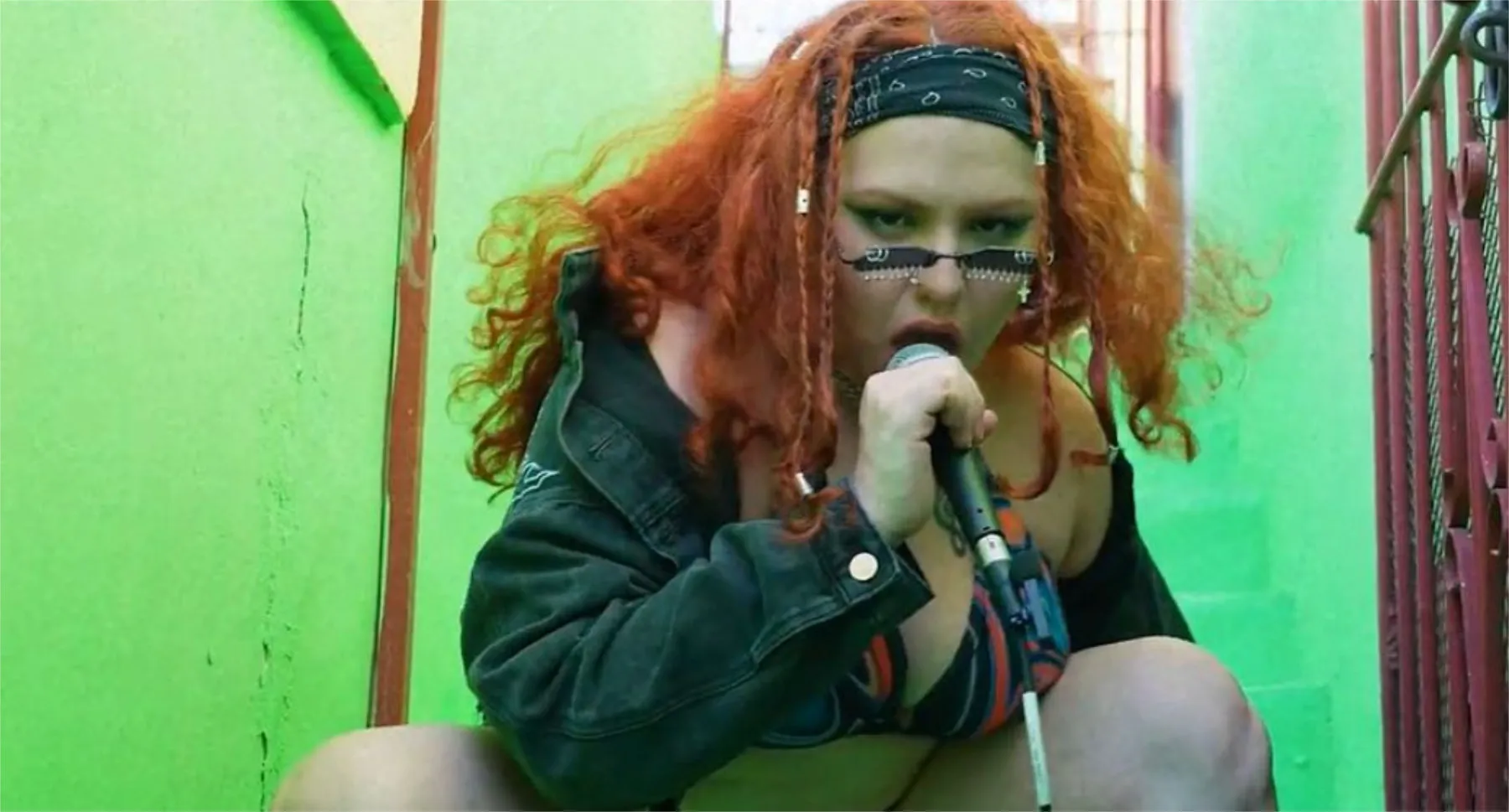
Celebrating NHHM with “Tropical Rockstar” Xinola
2023 National Hispanic Heritage Month
Dominican-Colombian singer-songwriter, art director, and audiovisual producer Xinola “is an experience ‘ni de aqui ni de alla (not from here, not from there).’”
The musician is described as “authentic Caribbean fruit” with “Latin flavor and American flow. A jazz singer whose language is Spanglish inspired by the strength of all women and the eternal sound of migration.”
I had the pleasure of chatting with her about what Hispanic Heritage Month means to her, and why celebrating it is so important. I also asked about her amazing music, such as “Shapeshifter” and its accompanying video that gives off a signature island summer vibe. You can feel her bright energy through the screen that perfectly goes along with her beautiful voice, (Spanglish) lyrics, and melodies. Her style is extremely unique, and she is a total (tropical) rockstar that is sure to go far.
“Everything started freestyling bachata and folklore in a Santo Domingo colmado,” says her website. “This is how Xinola arises, pure feeling, daring. Her music does not ask for permission, does not aspire to meet expectations, each piece has its own ideals, and it shows. Rock as cadence, Dominican folklore rhythms as self-assertion, Spanglish as her flag, electronic sounds in the atmosphere and a provocative, rich voice wrapped in the tart lyrics of an empowered Latinx.”
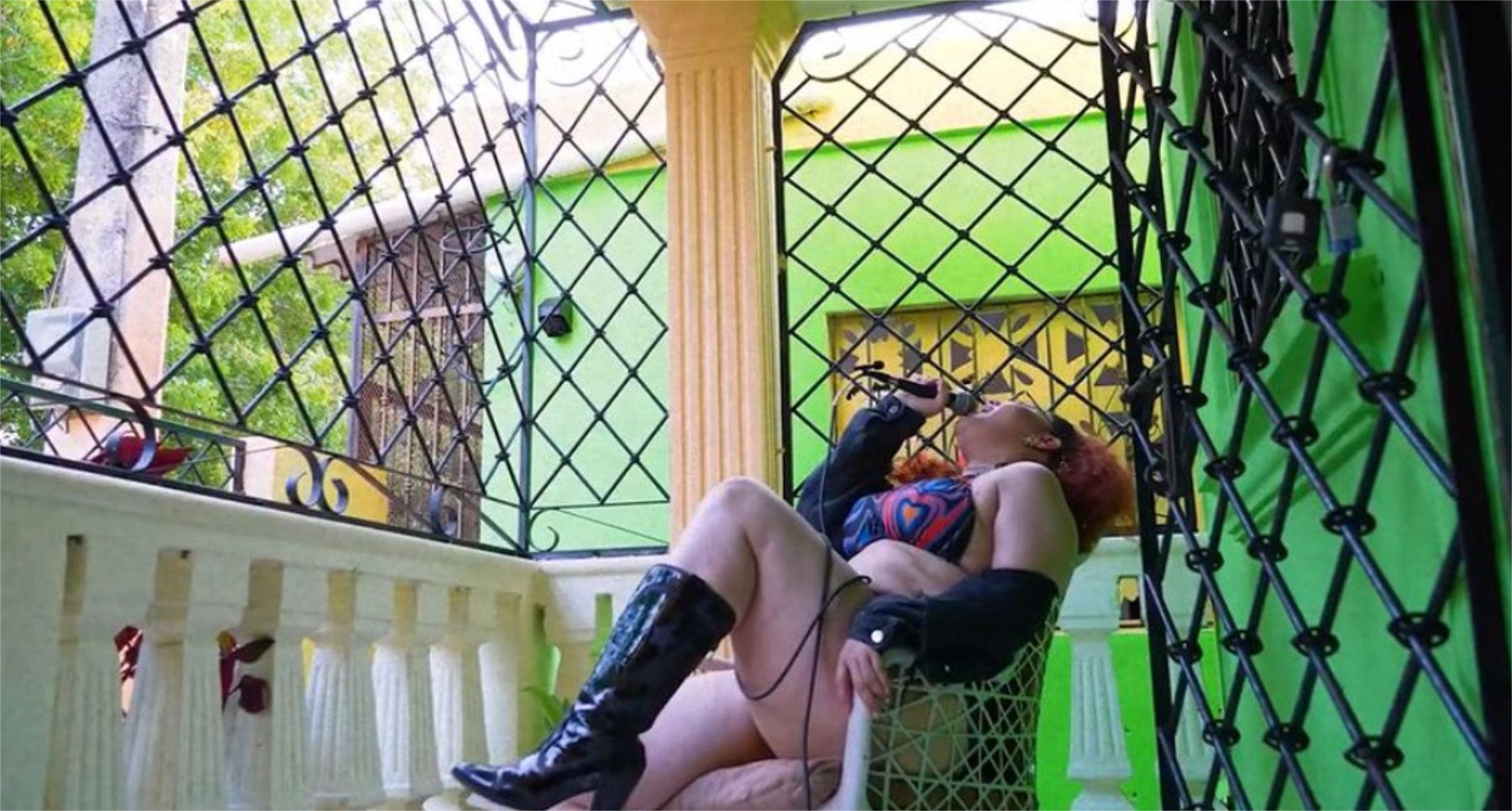
Xinola was born in Miami and grew up with a Colombian father and a Dominican mother. Her father was the director of a salsa band, so she grew up with a lot of music, especially salsa, she says. “We lived in Colombia afterwards when I was like five or six, and that was when I was really able to sit in on his rehearsals and I just never remember a time where music wasn’t my family thing,” she says. “My mom and dad got a divorce, so he stayed in Colombia and I went with my mom back and forth from Miami to the Dominican Republic for a few years, and so that’s where I really immersed myself in Dominican culture and just in the whole back and forth,” she continues.
“A lot of moving comes up in my music and in my art – I talk a lot about this duality and this kind of living between two extremes all the time … living in America, living in Latin America, living in Spanish, living in English, what that means for me as a woman …”
She currently lives in Falls Church, VA – “Then I ended up in the DMV – my mom moved out here and I went to high school at Woodbridge, and then after college I moved back to the Dominican Republic and that’s when I really started making my own music and creating my own style; before I was kind of just singing on beats that I found on YouTube, but I had a really good mentor and she really opened up the world to me of collaboration and music aside of making beats,” Xinola explains.
She describes her music as “if Best Coast was Latino/from the Islands – I really really love the post-punk rock movement and the riot grrrl movement as well, and surf rock and the new wave of those artists … their guitars sort of imitate the ocean waves.” It reminds her of their traditional dominican folk music:“Having these sacred ancient rhythms … and putting that into rock; my goal with that is not even to represent my dual identity and process, but to wake up that rock gets a bad rap … so I just wanted to make a rock that was danceable and fun but still had substance.”
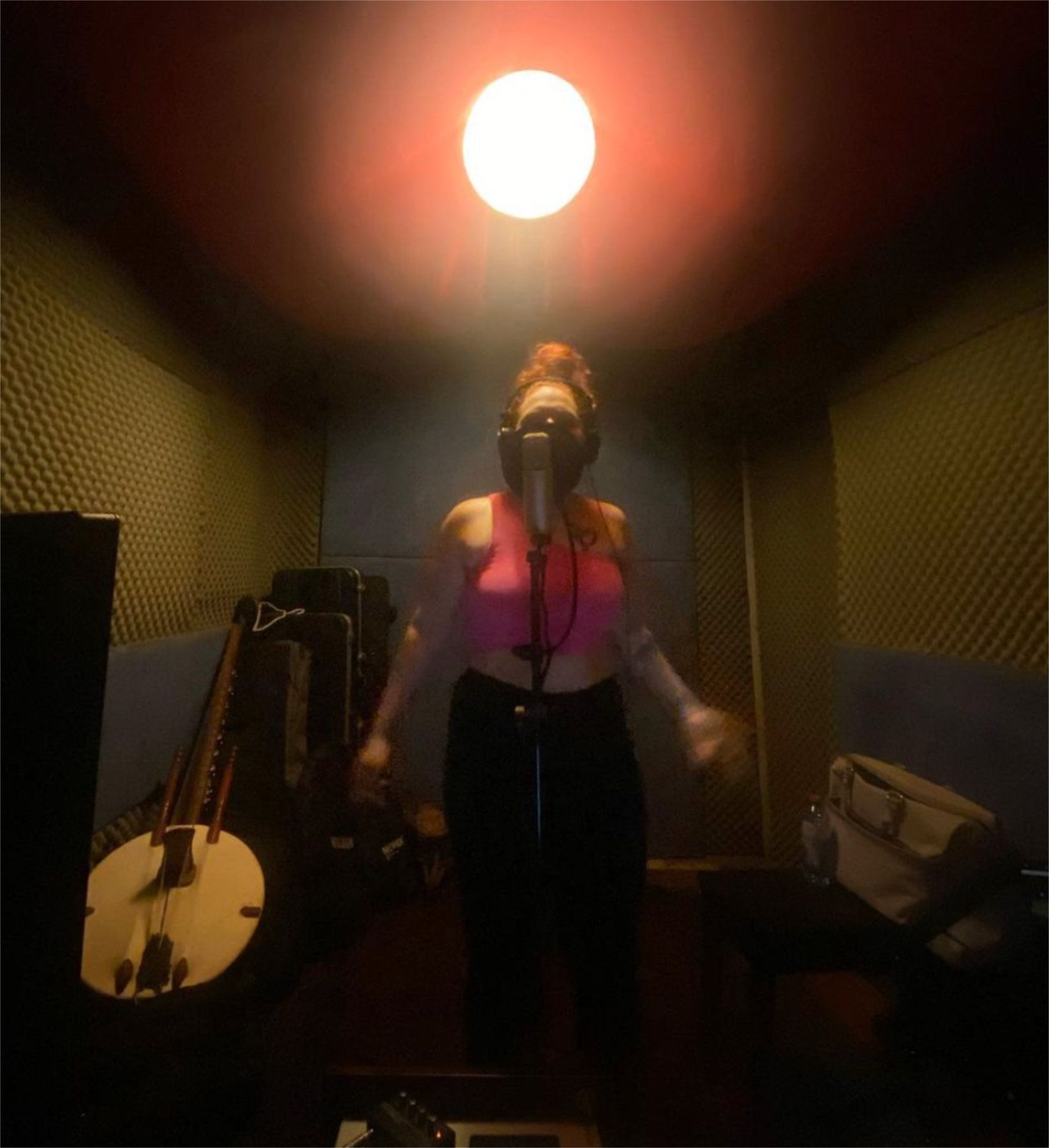
Her biggest influence, she says, would be her mentor, Xiomara Fortuna – “She’s like the most important folkloric artist in the Dominican Republic,” she says. “In the ’80s she was really responsible for going into these really small villages and taking the rhythms that had been created in those villages since slave times (16-700s), and she still makes music. She’s been in the music industry for 40 years; she’s the first person from the Dominican Republic to make this Latin rock, so she’s a really big influence for me.” Other influences for the artist include musicians like Mac Demarco (his lyrics and attitude of being over life), as well as old Spanish rockers – “I really like getting new influences of that fusion, especially female-fronted bands … and then Shakira, of course.”
As for Xinola’s songwriting process, “It’s really random,” she says. “I did this workshop where you explore your feelings and after one of the sessions I had this whole song come out because it was about perception – struggles with imposter syndrome and attempting to micromanage people’s perception of us.” A song “usually writes itself,” she says, and then she decides what instruments, rhythms, melodies/harmonies, and “flavor of Latin music” she wants to match it with.
She takes pride in the themes of her music. Her song “Shape Shifter (Posibilidad)” contains the message “I am something different to everyone else,” she says. It is about “the mantras I tell myself” – Why should we care what other people think? Xinola describes herself as a mental health and therapy advocate; a lot of times when she has the best songs is when she connects to what’s bothering her.
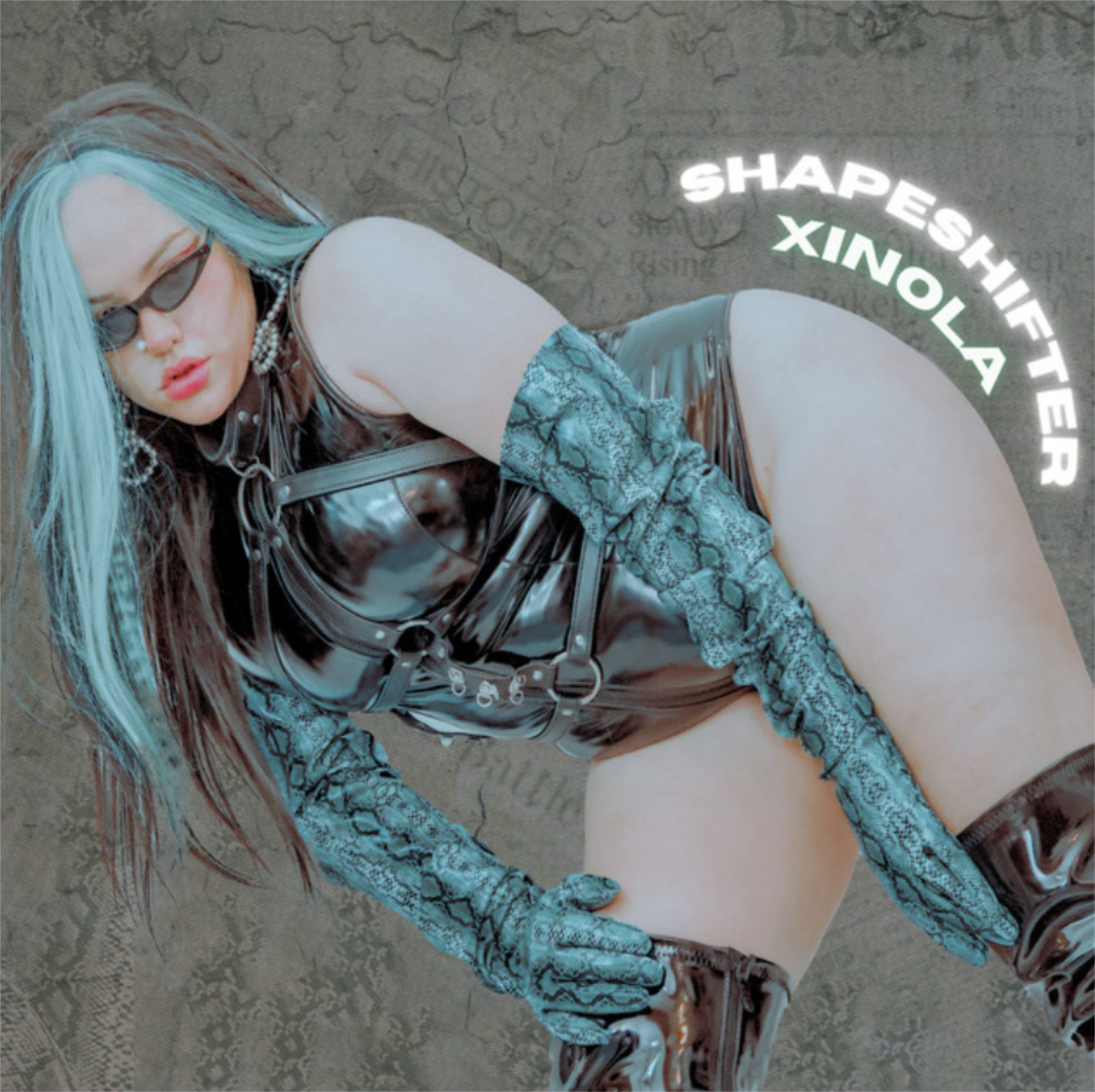
Hispanic Heritage Month is extremely important to Xinola, especially as a mother herself. “I have a two-year-old and every time I see Encanto I cry because I just get so excited seeing a movie about Colombians/Latinos on screen … I love being Latina and American because I think we have such a special culture.”
She continues, “We’re all from different parts of the world, we all speak different types of Spanish, we all eat different types of food, but we all feel so connected by this Hispanic label and we share a common pop culture where we share artists with each other, and our language really unites us in so many ways, especially in the United States because a lot of the times you might not find someone from your country but you will find someone Latino, and we just create this bond.”
Xinola describes seeing Latino/a artists on shows she watched growing up and being honored for their art like at the VMAs is amazing – “I don’t think that would have been possible without things like Hispanic Heritage month – It gives us a time to shine, it gives us a spotlight, and a time also to show that we’re killing it and doing a good job from all around Latin America … we’re seeing a huge movement of Latin artists, and I’m just happy to be a part of it at whatever level of success that I reach.”
Xinola talks about the importance of her heritage and its influence within her music. 2023 National Hispanic Heritage Month coverage.
